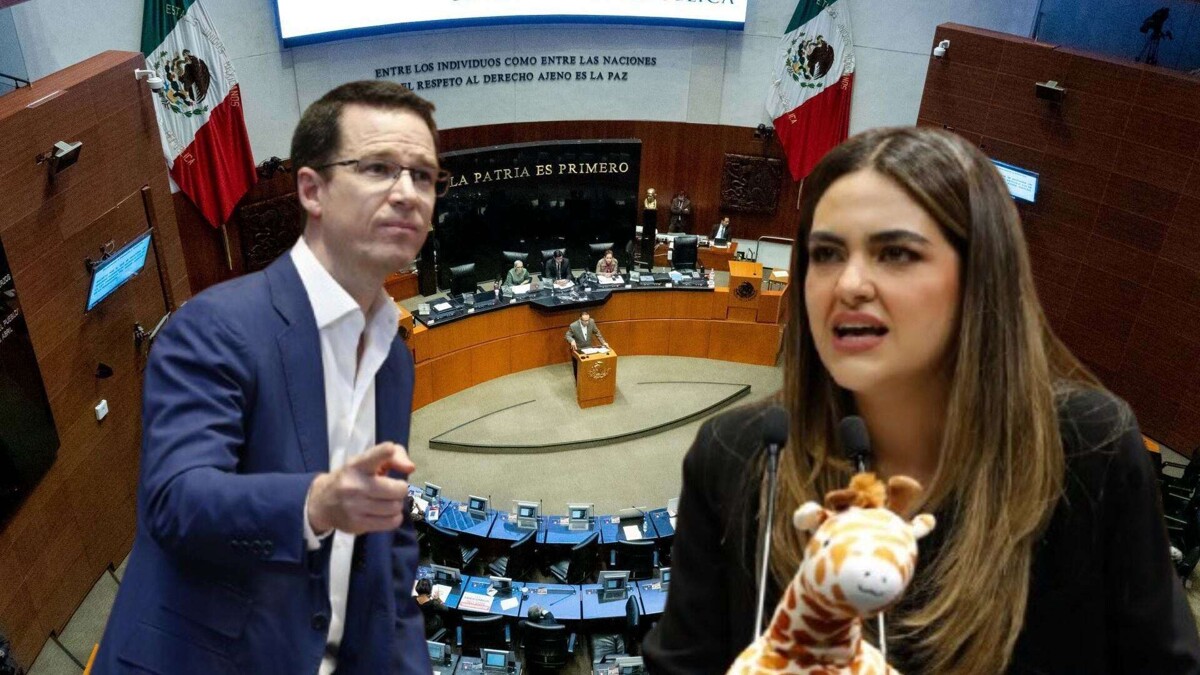
In a tense debate in the Senate of the Republic, Senator Andrea Chávez confronted the PAN member Ricardo Anaya regarding the constitutional supremacy reform proposed by Morena. This reform aims to protect constitutional reforms from amparos and actions of unconstitutionality and was approved with 85 votes in favor and 24 against.
Chávez focused on Article 61 of the Amparo Law, arguing that it suggests that the amparo is not applicable to constitutional reforms. Referring to the extreme violence experienced in Ciudad Juárez, Chihuahua, and Reynosa, Tamaulipas in 2006, the senator mentioned that current violence surpasses the figures of those years.
In response to the criticisms, Chumel Torres, an influencer, ironically mentioned that the senator "was watching Barney" during those violent years in Mexico. In the midst of the debate, Anaya highlighted that Morena's reform goes beyond the amparo by explaining that Article 61 declares the amparo inadmissible without affecting other legal resources such as constitutional controversy or actions of unconstitutionality.
The debate has generated mixed reactions, especially on social media, where opinions are divided. Anaya urged that if one disagrees with a ruling, it should be appealed rather than disregarded. He emphasized that the reform is a reaction to Morena's disagreement with a ruling by District Judge Nancy Juárez Salas in Coatzacoalcos, Veracruz.
In this context, the differences among lawmakers regarding the constitutional reform proposed by Morena have highlighted key points of disagreement and the manner in which to approach the debate in the political and legal arena in Mexico.














